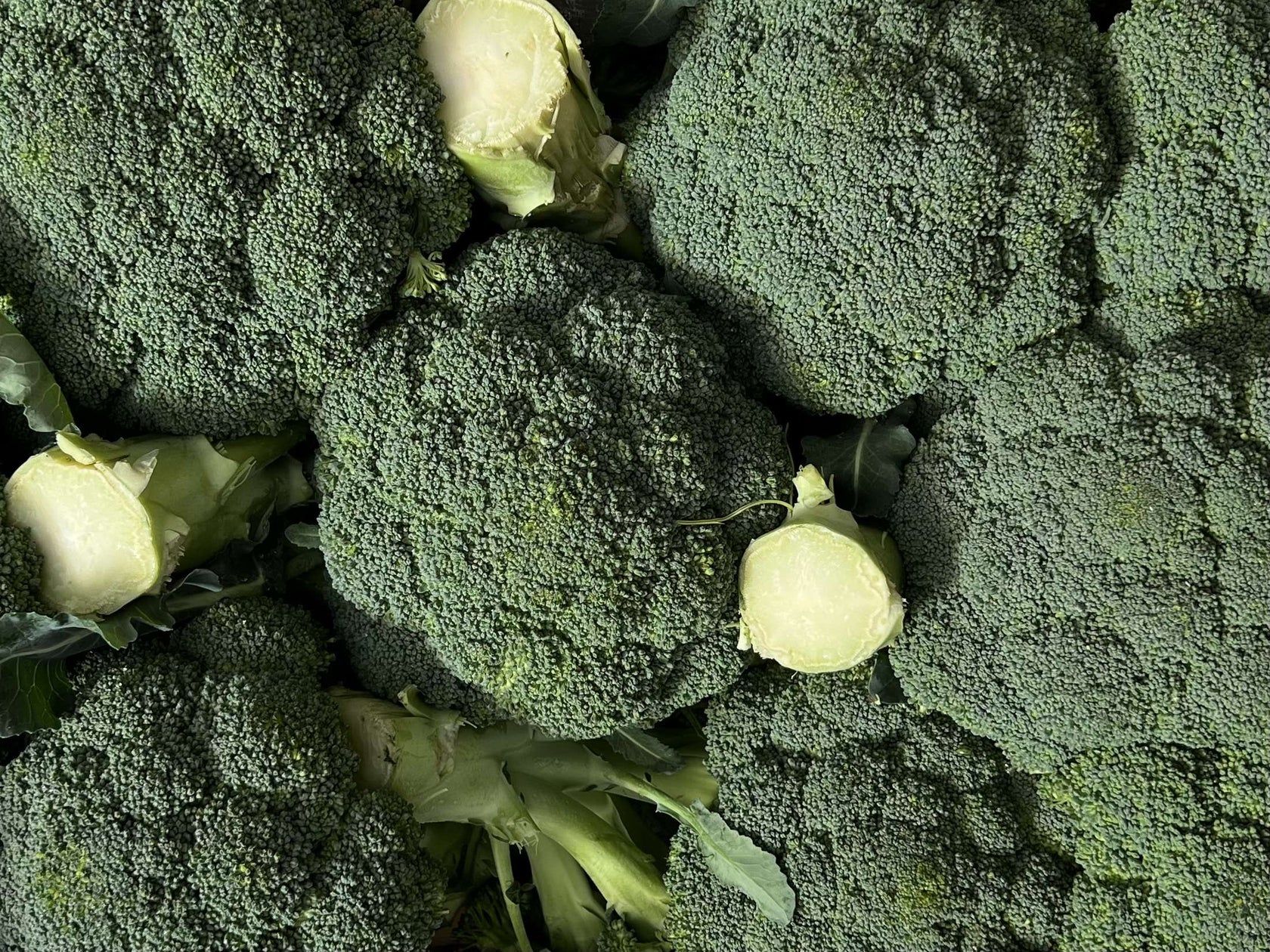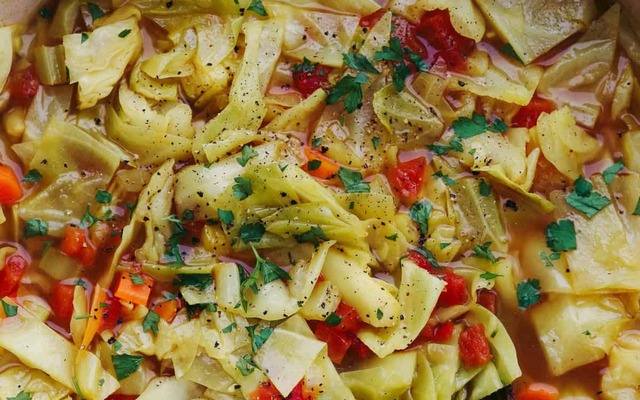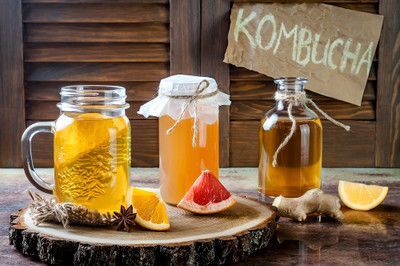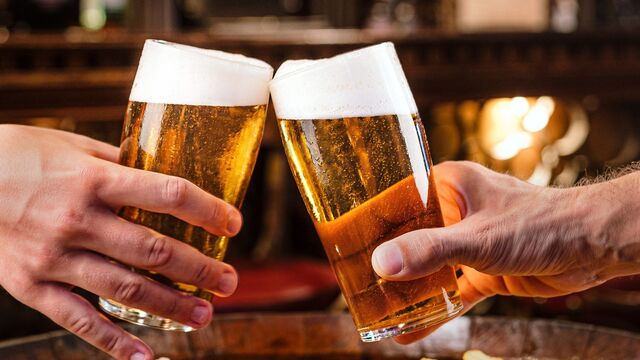PLANT sterols and stanols are chemicals naturally found in a range of plant foods like potatoes, carrots, broccoli, cauliflower and brussel sprouts etc.
Sterols and stanols can lower cholesterol in our blood as they have a similar structure to it. What they do is reduce absorption of cholesterol to our blood from our guts so more is lost when we poo.
High cholesterol has been shown to increase the risk of heart disease and stroke. It is advised to get your cholesterol checked every four years from the age of 20. Plant sterol and stanol intakes of 1.5 to 2.5 grams per day can lower cholesterol by 7 to 12 per cent in as little as two to three weeks in people with high cholesterol. A kilogram of the aforementioned foods has between 0.05 and 0.37 grams of plant sterols and stanols which, to be honest, isn’t a lot when considering that you need 1.5 to 2.5 grams to lower cholesterol.
This means you would need to eat a good few kilograms of these foods daily to achieve what you need, which isn’t practical. It is not possible to get enough plant sterols and stanols from plant foods to lower cholesterol.
There is, however, a range of milk drinks which have plant sterols and stanols added to them, most notably Benecol. One Benecol milk drink contains around two to three grams of plant sterols and stanols which is more practical for people to achieve. When chemicals like plant sterols and stanols are added to foods this is called fortification. This is a perfect example of the rare time when a processed, fortified food is better than the natural. In most cases natural will be better in a food nutrition context but in this one it isn’t.
• Lee McCusker (BA; MSc; MSc; MSc; ANutr; SENr) is a registered nutritionist from Belfast and can be found on Facebook, Instagram and Twitter. Email: attentive nutrition@gmail.com








